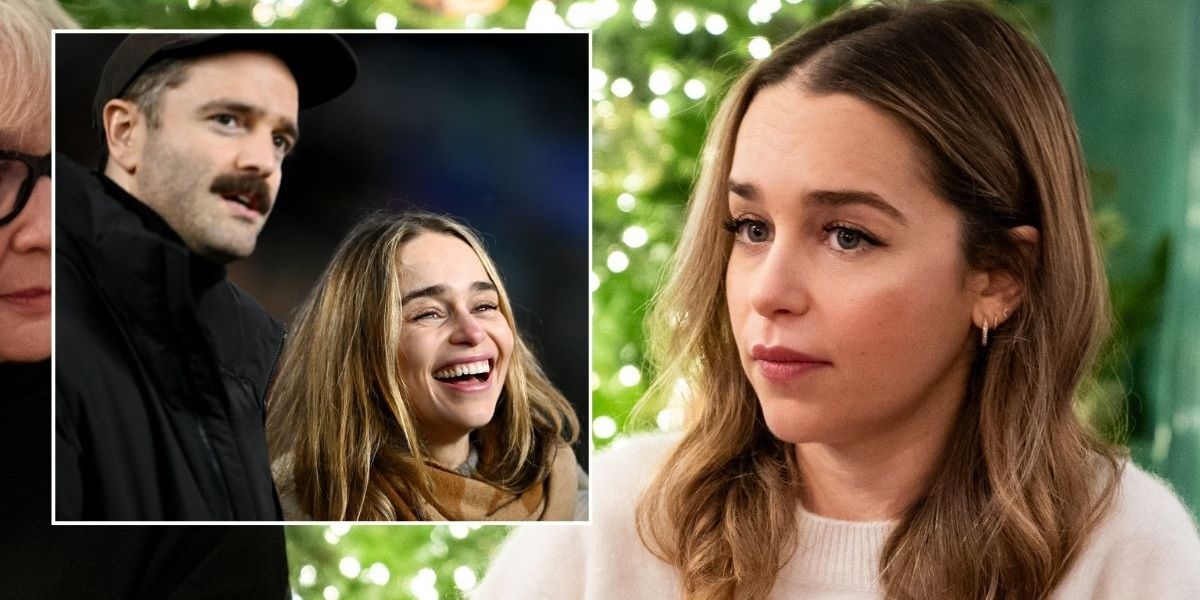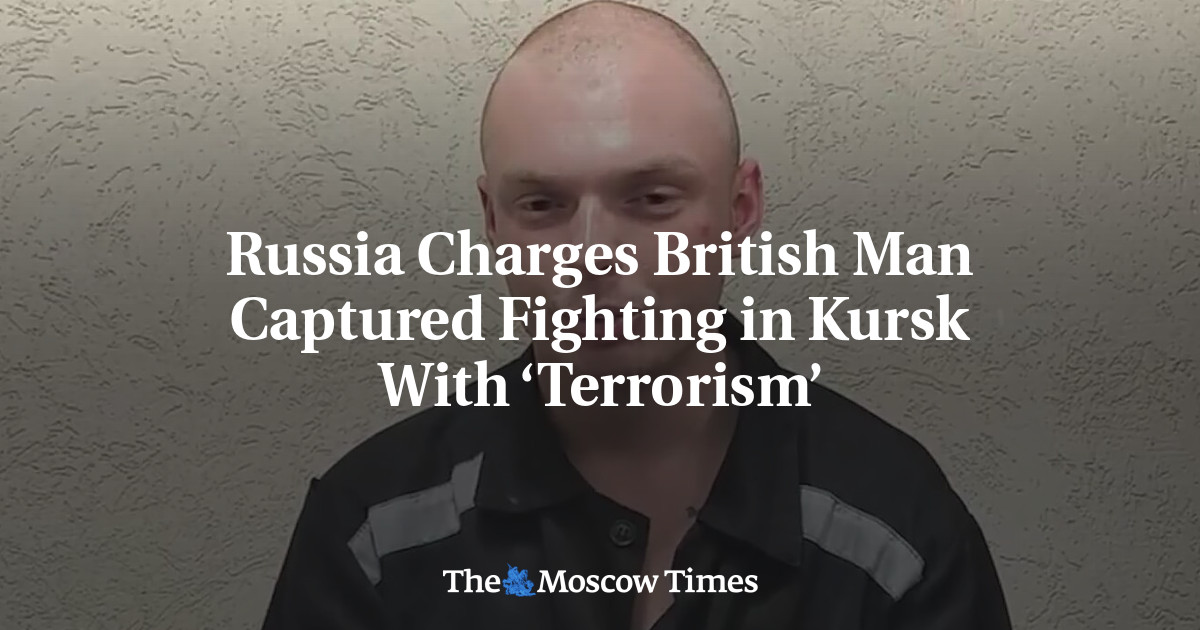In her feature film work, Palestinian-American writer-director-actor Cherien Dabis has been telling intimately specific familial stories since “Amreeka” (2009). That was the filmmaker’s elegant, modestly scaled and altogether brilliant debut about a Palestinian mother and son, moving from the occupied West Bank to Chicago upon winning a green card lottery. Dabis wasn’t able to seize the same level of narrative confidence in “May in the Summer” (2013), but certain moments and ideas in her new film, “All That’s Left of You,” remind one of her panache as a storyteller, even if her sprawling epic about a family marked by longstanding generational trauma feels needlessly bloated in the aftermath.
Still, one can’t entirely blame Dabis for being a little indulgent with her latest, which follows a Palestinian family, at first barely surviving, then living under the Israeli occupation through almost eight decades, across three generations. Despite the ongoing devastation in the territory, the cruel history of Palestine’s occupation is not a topic that mainstream cinema often does right by. In that, there’s an active intention to “All That’s Left of You” to fill that void, aiming to be a decisive chronicle of a period impossible to sum up in one film. The results are mixed, but Dabis tries with poise and audacity to spin her nearly 150-minute narrative of the Palestinian struggle. Spiritually guided by Dabis’ personal and familial memories, the narrative film is sometimes deeply stirring, other times clumsily heavy-handed, often hampered by Christopher Aoun’s bland cinematography.
Played perceptively by Dabis, Hanan takes us into the story, looking at someone we can’t yet see and pledging to share her son’s story with them. “I’m here to tell you who my son is,” she says, signaling that the film will be one long flashback leading up to this moment and a reveal of the mystery listener. Hanan starts not with her son Noor, however, but with Noor’s grandfather Sharif (Adam Bakri) living in the Jaffa of 1948, the year of the Arab-Israeli war. A worldly, poetry-loving man, Sharif and his family endure bombings and cheat death daily in their beautifully appointed home surrounded by an orange grove. But the family — which includes Sharif’s son Salim — eventually gets displaced, with their home and orange grove destroyed. After a period in a refugee camp, with Israeli soldiers deeming land deeds invalid, the narrative jumps to 1978, to a territory populated by Palestinians crammed in modest quarters, without citrus trees and with regular curfews.
This is the section in which Dabis makes the sturdiest narrative investment, infusing both the film’s best and worst instincts. For the latter, there is plenty of inorganic, expository dialogue to go around while the family (which now includes Hanan) watches TV and reacts to the happenings around them. For the former, Dabis affectionately embraces the traditions Palestinians hold onto for dear life. A lovely wedding spills into the streets in one scene. And the dignity of everyday life in the quarters flourishes in others.
The most emotionally effective scene of the segment (maybe even of the entire film) arrives when Salim (a wonderful Saleh Bakri) and his son Noor get stopped by Israeli soldiers, just a few minutes into the curfew, during a pharmacy run for Sharif (Mohammad Bakri in older ages). The scene, in which the Israeli soldiers (in broken Arabic, as subtitles often and intentionally spell out throughout the whole movie) heartlessly humiliate and embarrass Salim in front of his son, has the heart-wrenching makings of an Italian Neorealist sequence — searing, honest and soul-crushing. It’s also pivotal in setting the basis for the personality and motivations of Noor (Muhammad Abed Elrahman in older age), after the kid witnesses his father’s fearful submissiveness in front of bullies, without regard for his honor. When you scream at your dad’s face “you’re a coward” at such a young age, the trauma of it scars you for life.
The jump to 1988, the chapter in which Noor gets shot during a street protest, is the film’s iffiest episode, with both the acting and the circumstances surrounding the family feeling distractingly forced. The drama seems rushed, leaving little room for the grown-up Noor to become a well-rounded character before he exits the picture. Dabis is still delicate and purposeful in filming Noor’s funeral, symbolically validating a people’s collective grief through a haunting scenem enriched by thoughtful details of Islamic traditions. Elsewhere, the dilemma at the heart of the segment is whether Hanan and Salim would donate Noor’s organs to recipients in need (most likely Israeli recipients) when his untimely demise was the fault of a bankrupt system enforced by the Israeli occupation to begin it.
Without spoiling the couple’s ultimate decision (although it shouldn’t be a hard one to guess in such a morally righteous movie) or the aforementioned mystery listener’s identity, suffice to say Dabis delivers a generous parting message about the sanctity of all human life, while commemorating the ongoing sorrow of her own people. On the whole — and not unlike Walter Salles’ far superior “I’m Still Here,” which sees a Brazilian dictatorship through the eyes of a family — Dabis attempts to preserve her nation’s historical memory in cinematic form. While her elongated finale set in the modern-day Jaffa overstays its welcome, the meaningful road that gets Dabis there is well worth traveling on, however bumpy.

 By Variety | Created at 2025-01-26 05:52:38 | Updated at 2025-01-27 04:28:03
1 day ago
By Variety | Created at 2025-01-26 05:52:38 | Updated at 2025-01-27 04:28:03
1 day ago








